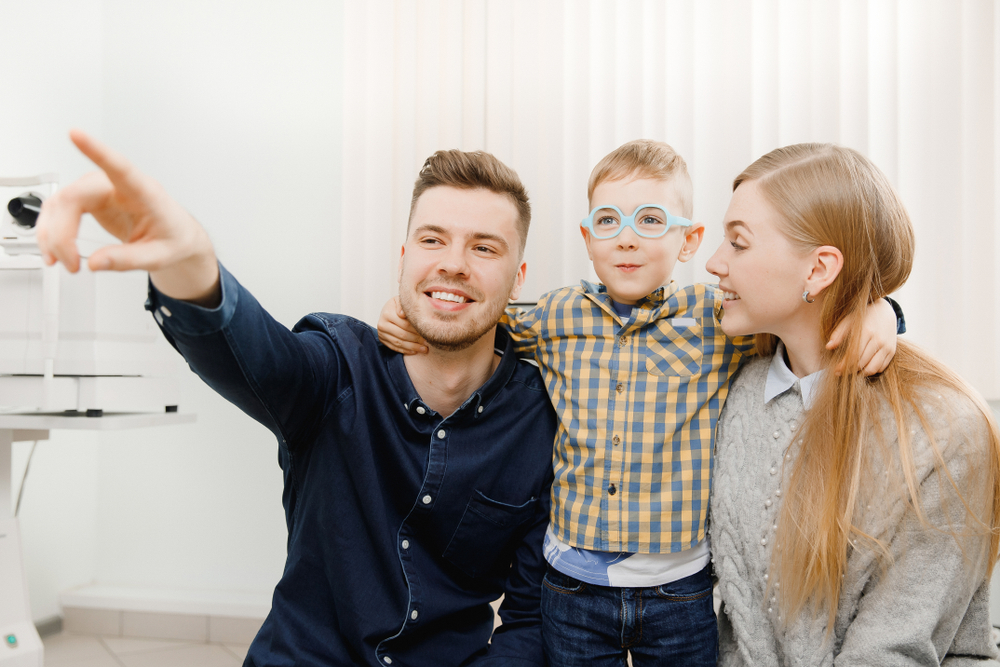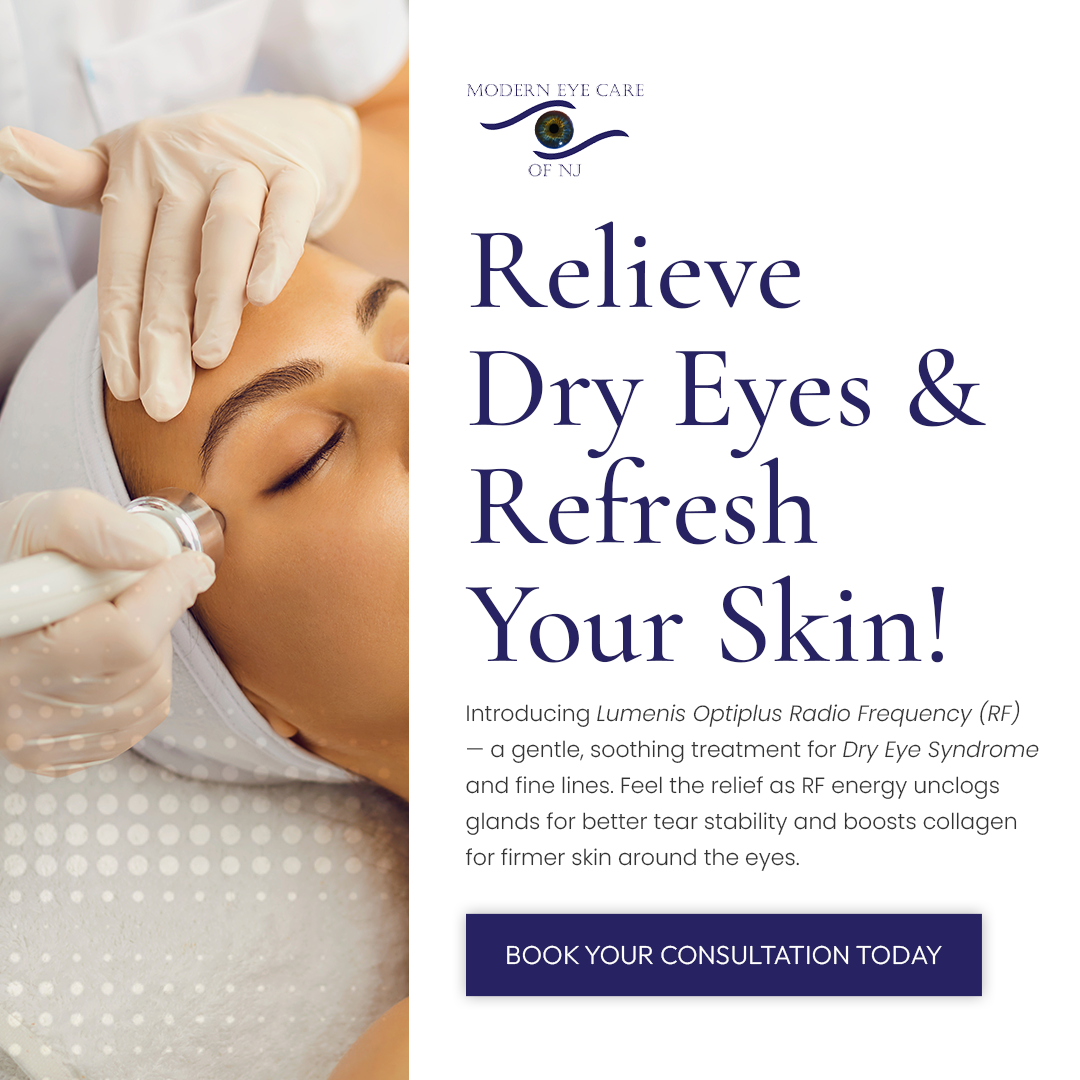
Myopia is a common refractive error where distant objects appear blurry while close objects are seen clearly. This vision condition affects millions worldwide and typically begins in childhood, often progressing into adolescence. With the rise of digital device use and increased time spent indoors, myopia has become more prevalent. Early detection and management of myopia are essential to prevent potential long-term complications.
What is Myopia?
Myopia occurs when the eye's shape causes light rays to focus in front of the retina instead of directly on it. This can happen when the eyeball is too long or the cornea (the front part of the eye) is too curved. Genetics play a role, but lifestyle factors, such as prolonged close-up activities, can contribute to its development.
Signs and Symptoms of Myopia
Myopia often begins subtly, so recognizing the signs can make a significant difference. Here are some common symptoms:
• Blurred vision at a distance: Distant objects may appear fuzzy or unclear, while close-up vision remains sharp.
• Squinting: Squinting helps some people temporarily improve focus, but it can lead to eye strain.
• Headaches and eye strain: Difficulty focusing on distant objects can cause discomfort, especially after prolonged visual tasks.
• Difficulty seeing in low-light conditions: Myopia can sometimes worsen in dim lighting, making it harder to see clearly in the evening or night.
The Importance of Myopia Management
Unmanaged myopia can continue to progress, potentially increasing the risk of severe eye conditions in adulthood, such as retinal detachment, glaucoma, and myopic maculopathy. This is why early intervention through myopia management is vital. By slowing down myopia progression, we can help reduce these risks and support clearer, healthier vision for the future.
Atropine Eye Drops
Low-dose atropine eye drops have been shown to slow down myopia progression. These drops are typically used at bedtime, and studies suggest that they can significantly reduce the rate of myopia advancement. Atropine drops work by temporarily relaxing the eye's focusing mechanism, though the exact mechanism in controlling myopia is not fully understood.
MiSight® Contact Lenses
MiSight® contact lenses are specially designed for children and have been approved by the FDA to slow down myopia progression. These daily disposable lenses incorporate unique optical zones that help reduce the eye's natural urge to elongate, which is a primary cause of myopia progression. MiSight® lenses provide clear vision while actively controlling myopia's development, offering a safe and effective option for young patients.
Orthokeratology (Ortho-K)
Ortho-K, or orthokeratology, uses specially fitted contact lenses worn overnight. These lenses gently reshape the cornea so that light focuses correctly on the retina, enabling clear vision throughout the day without the need for glasses or daytime contacts. In addition to providing clear vision, Ortho-K has been shown to slow down myopia progression, making it an excellent option for managing myopia in children and teenagers.
Schedule a Consultation with Modern Eye Care of NJ Today
At Modern Eye Care of NJ, we understand the impact myopia can have on your child’s life. Our optometrists specialize in myopia management and offer comprehensive solutions tailored to each patient’s needs. Whether through atropine drops, MiSight® lenses, or Ortho-K, we work to help your child achieve a brighter, clearer future.
If you suspect your child may be developing myopia or if they’re already experiencing symptoms, schedule a consultation with Modern Eye Care of NJ. Visit our office in Holmdel, New Jersey, or call (732) 858-1646 to book an appointment today.









